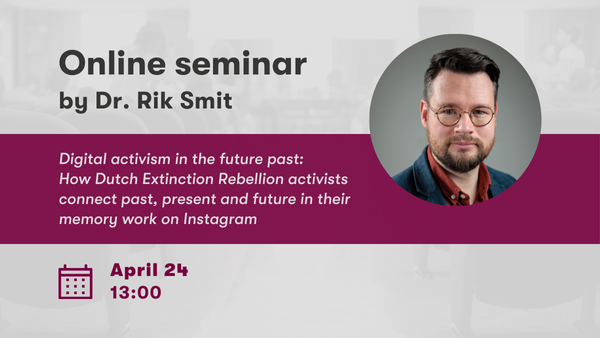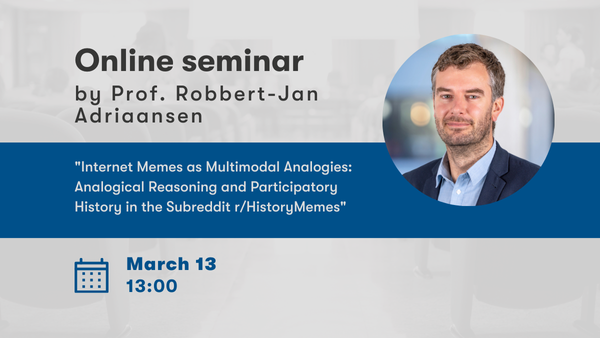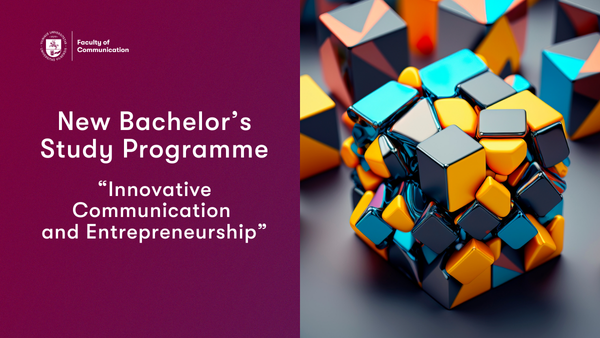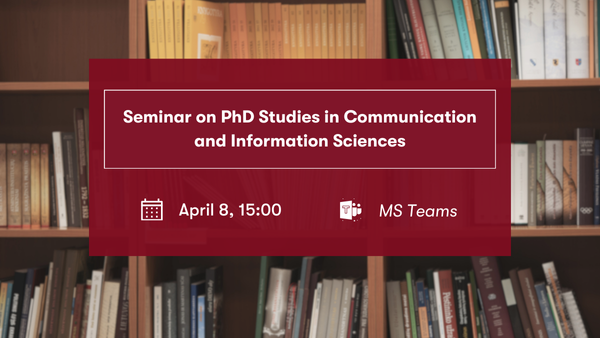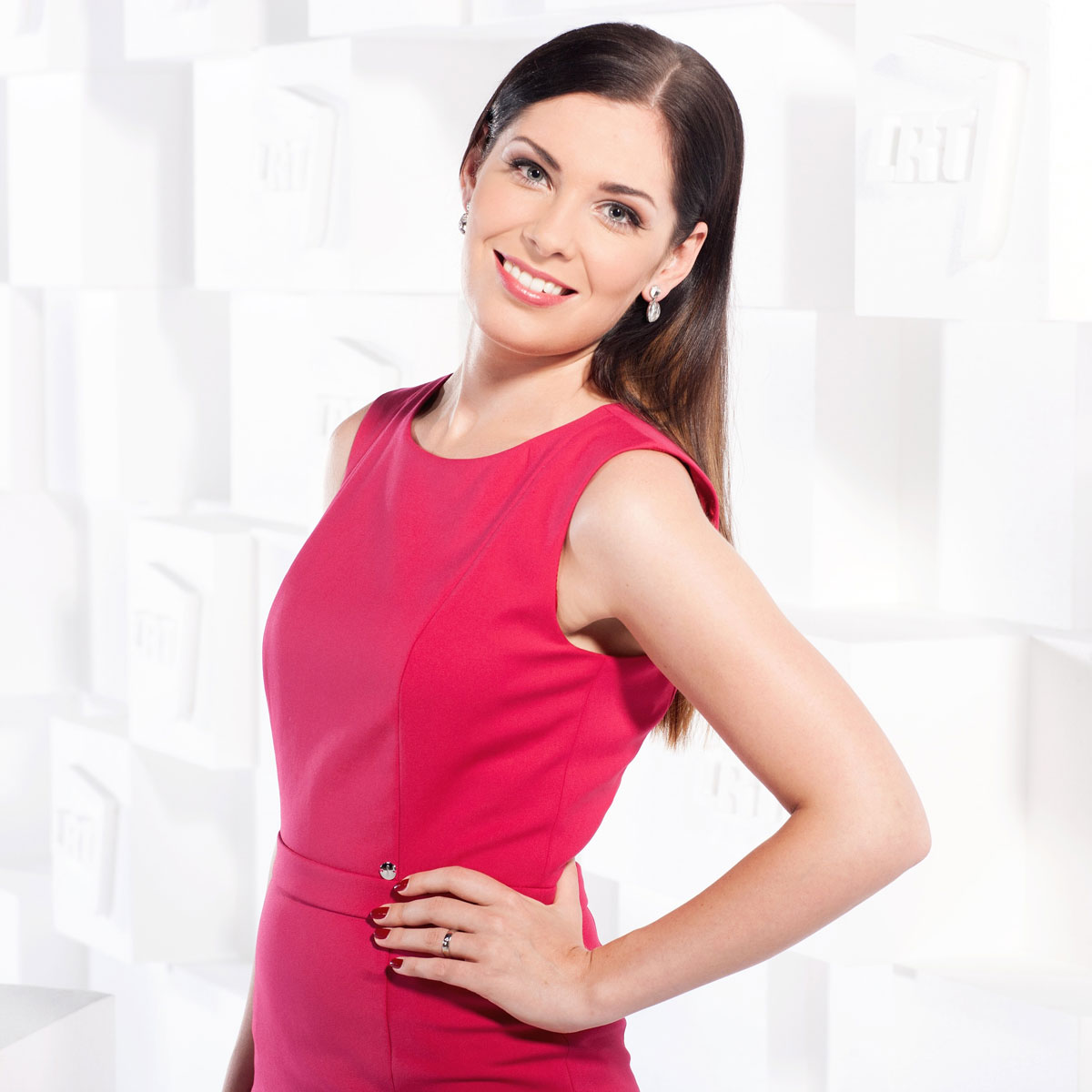TV journalist, presenter, event host / Journalism
Why did you choose to study journalism?
As far as I know, I've always felt better in both the social sciences and the humanities, so when I was a graduate I first considered law, political science and journalism. After "trying out" for the journalism club at school, I decided that I should at least try out for the big (and very competitive) journalism admissions competition, even though I had heard a lot of misgivings. And it seems that my determination and willingness to try my hand was successful.
What was your year of study? Tell us your most vivid memories from your studies.
One of my most vivid memories: everyone here was very different, but interesting, musical, active in social activities, theatrical, not afraid of an audience, some were already interested in certain fields (sports, photography), others were searching for themselves for the whole four years, and didn't necessarily discover journalism.
I remember the lectures by Skirmantas Valiulis and Romas Sakadolskis most vividly; they were simply different, memorable, and ones that I was sorry to miss.
I also remember very well the christenings and the organisation of LeŽuDi. And the first "horror" - the first session, which many people dreaded. Equally memorable were the professional internships, which were the best cold showers and the opportunity to test myself in different media outlets.
How has the knowledge you gained at Vilnius University's Faculty of Communication helped you in your work?
Of course, practical experience broadens your horizons and shows you where you feel best. I would say academic experience teaches you discipline, critical thinking, a broader approach, and also broadens your circle of acquaintances. Cultural capital is for me the great gift that can come from studying.
Can you tell us about your working day and give us some tips for students on how to get things done and work efficiently?
Working days are all different and similar, depending on the show you work for. If it's a news service, the shows have their own structure, clear positions for guests in the studio. So the working day is also about communicating with the editor, looking for topics, then looking for interviewees, making calls, making contacts, planning on-air interviews, then creating the show's trailer, and then later, even in the evening, preparing for the interviews, reading the information, thinking of questions.
I joke that there is no routine, but you have to love your job so much that you don't feel guilty working intermittently all day. Of course, it's all about timing and working style. I like to plan everything, and I don't forget to take a break after the show, to have a good hour just to have breakfast and to talk to my colleagues.
Efficiency always depends on having a good plan for the day, being able to detach myself from any distractions, and time limits also work for me, which makes my brain work even faster. But I remember myself very well, it didn't work for me to write my final theses or papers during the night. I just felt that I was much more productive when I slept than when I didn't sleep at all. That's what I do now - I'd rather go to bed and get up a bit earlier to work than levitate over the keyboard and not come up with anything good.
What kind of people would you recommend studying journalism to?
I think that a good future journalist should be extremely curious, receptive, flexible, able and willing to ask questions, interested in many areas and aware of what is happening in his/her own backyard, city, municipality, country and world.

